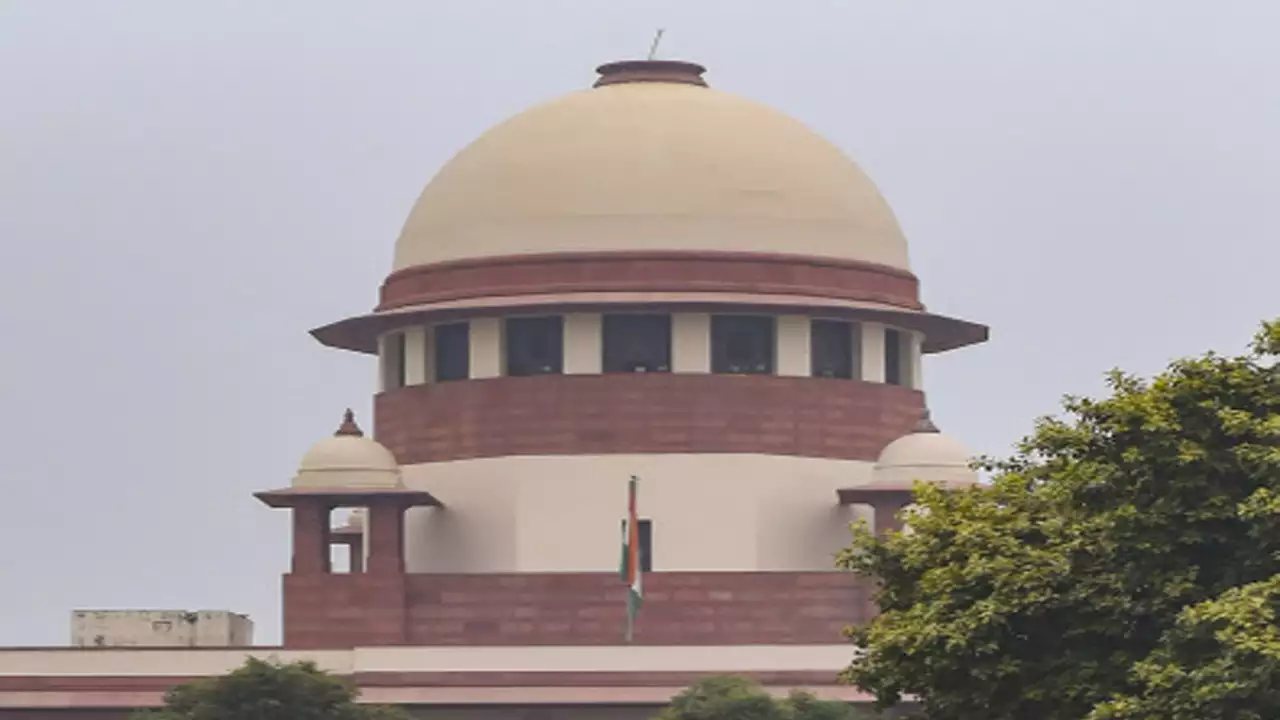India–US Trade Tensions Rise Over Steel and Auto Tariffs NMDC Limited reports a 38% drop in Q4 FY24 consolidated net profit RINL to Raise $23 Million Through Land Sales Amid Crisis

Vedanta Ltd. filed a lawsuit in the Supreme Court contesting the Goa Rural Improvement and Welfare Cess Act's constitutionality. The act levies a cess on carriers that carry ore and certain other products.
It argued that the cess is a tax, not a fee and that the state lacks the authority/competence to sustain it because it is subsumed by the Goa Goods and Services Tax Act and the Central Goods and Services Tax Act 2017 under the Constitution (One Hundred and First) Amendment Act 2016, which introduced the GST regime and, with it, subsumed pre-existing state cesses, effective September 16, 2017.
Challenging a Bombay High Court order on January 10 that dismissed its plea, Vedanta said the impugned levy is a tax and not a fee since it did not receive any special benefit, either individually or as a member of a class, which the Supreme Court has held to be a requirement for a levy to qualify as a fee in the case of Jalkal Vibhag Nagar Nigam vs Pradeshiya Industrial and Investment Co.
The top court issued a notice to the Goa government and tagged the Vedanta appeal with other similar matters pending before it. The company, through senior counsel Gourab Banerji and counsel Ninad Laud, claimed that the levy is on two classes of items - the 'Goan ore' on which royalty is paid and the 'non-Goan ore' on which royalty is not paid.
Vedanta said at least two SC five-judge constitution benches have held that such a benefit would not qualify the levy as a fee. The HC judgment "proceeds on the assumption that only ore brought in from a neighbouring state, says Karnataka, utilises roads in Goa, without noticing that even ore mined in Goa is transported using the very same roads". "This is especially so since virtually all iron ore mined in Goa is exported through ships, and hence the ore is transported by roads from the mines to the port," it added.
Further, it is submitted that "it does not stand to reason that only ore brought in from outside Goa would pollute the surroundings while the ore mined in Goa would not", Vedanta argued. "This is belied by the finding of the (HC) bench in Fomento (supra), which categorically holds that locally mined ore pollutes roads and villages in Goa," it said.
Also Read : ArcelorMittal to build steel-powder plant in Spain Maruti Suzuki to invest ₹450 crore in renewable energy project